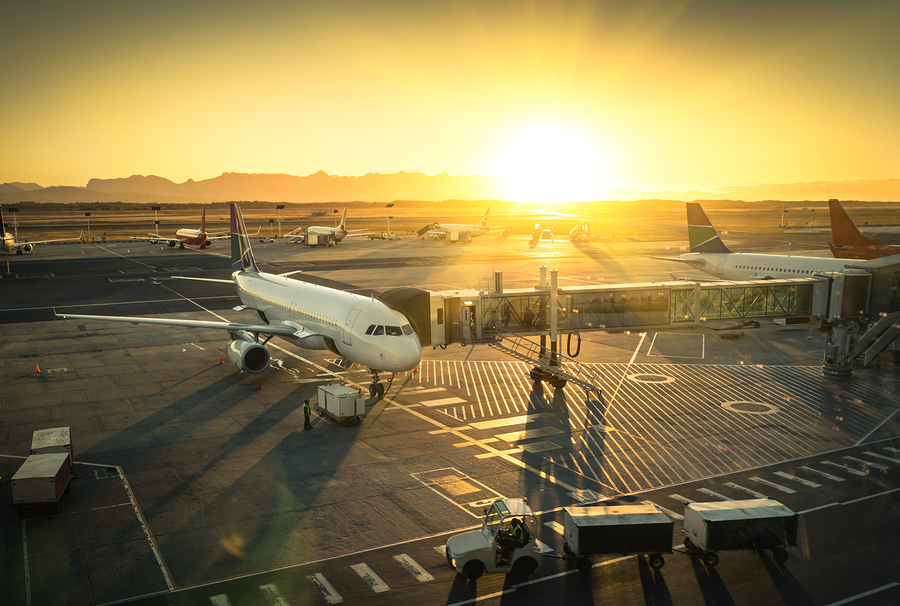Hackers could use in-flight entertainment to take control of airplane
Flaw could put passenger safety at risk on multiple airlines


A vulnerability found in an in-flight entertainment system could enable hackers to hijack flight systems or even take control of a plane, a security researcher has warned.
Ruben Santamarta, principle security consultant at IOActive, found that an in-flight system from Panasonic Avionics could be hacked with its on-board displays used to display any information a hacker wanted. It could also be used to change cabin lighting and send announcements over the airplane communications channel.
According to reports by the Telegraph, Santamarta said all of this would be "an unsettling experience for passengers".
The system is currently in use by airlines such as Qatar, Scandinavian, Singapore, United, and Virgin, to name a few. He added that in some circumstances, credit card details of frequent flyers stored in an automatic payment system could be accessed and it was possible the vulnerability could be used to access aircraft controls.
"I don't believe these systems can resist solid attacks from skilled malicious actors," he told the newspaper. "This only depends on the attacker's determination and intentions, from a technical perspective it's totally feasible."
Santamarta said that it would be up to the airlines to limit access in case of a breach. He added that in-flight entertainment systems should never be linked to aircraft controls and isolating critical systems was vital to protect against such attacks.
The researcher said he had alerted Panasonic to the problems back in March 2015, but it isn't clear what action the company has taken to fix the flaw. IT Pro contacted the firm for comment, but hadn't received a response at the time of publication.
Get the ITPro daily newsletter
Sign up today and you will receive a free copy of our Future Focus 2025 report - the leading guidance on AI, cybersecurity and other IT challenges as per 700+ senior executives
Stephen Gates, chief research intelligence analyst at NSFOCUS, told IT Pro that in the light of this research, physical separation between in-flight entertainment systems and aircraft control systems could never be more important.
"As airlines continue to add new customer-based entertainment and information technologies, airlines need to ensure that an impenetrable barrier is in place protecting aircraft control systems," he said.
Mike Ahmadi, global director of critical systems security at Synopsys, told IT Pro that any system that gets the attention of the hacking/research community will eventually be found vulnerable.
"There are literally an infinite number of ways to compromise any system. Organisations need to constantly monitor and test their systems in order to keep up with security issues. Moreover, organisations should assume compromise will happen and plan accordingly," he said.
Rene Millman is a freelance writer and broadcaster who covers cybersecurity, AI, IoT, and the cloud. He also works as a contributing analyst at GigaOm and has previously worked as an analyst for Gartner covering the infrastructure market. He has made numerous television appearances to give his views and expertise on technology trends and companies that affect and shape our lives. You can follow Rene Millman on Twitter.
-
 Should AI PCs be part of your next hardware refresh?
Should AI PCs be part of your next hardware refresh?AI PCs are fast becoming a business staple and a surefire way to future-proof your business
By Bobby Hellard Published
-
 Westcon-Comstor and Vectra AI launch brace of new channel initiatives
Westcon-Comstor and Vectra AI launch brace of new channel initiativesNews Westcon-Comstor and Vectra AI have announced the launch of two new channel growth initiatives focused on the managed security service provider (MSSP) space and AWS Marketplace.
By Daniel Todd Published